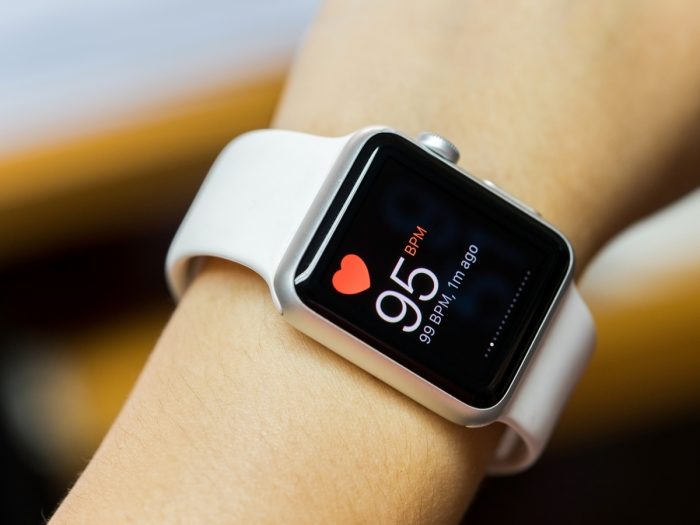Mobile health devices can help you detect abnormalities in your heartbeat, allowing for better health management. A recent HUAWEI Heart study published in the Journal of the American College of Cardiology found that mobile health technology could be used for early detection of atrial fibrillation (abnormal heart rhythm) and AF management. [1]
The cohort study, based on a population aged over 18 years across China, used apps based on PPG technology, an optical technique that can detect changes in blood volume through contact. To confirm the validity of the app detection a combination of follow-up tactics were used, including telecenters, ECG or Holter monitoring by network hospitals.

Of the 246,541 individuals who downloaded the apps on their smart devices (wristwatch and wristbands), 187,912 used them to monitor their pulse rhythm. Subsequently, 424 people received ‘suspected AF’ notification. The research team was able to follow up on 262 participants. Of these, 227 people or 87 percent were found to have AF. 95 percent of these participants were persuaded to enter an integrated AF management program using mobile apps. Approximately 80% of the patients were successfully anticoagulated.
